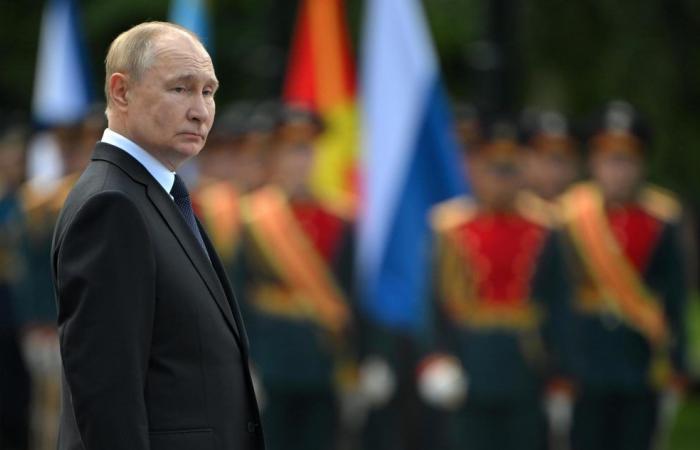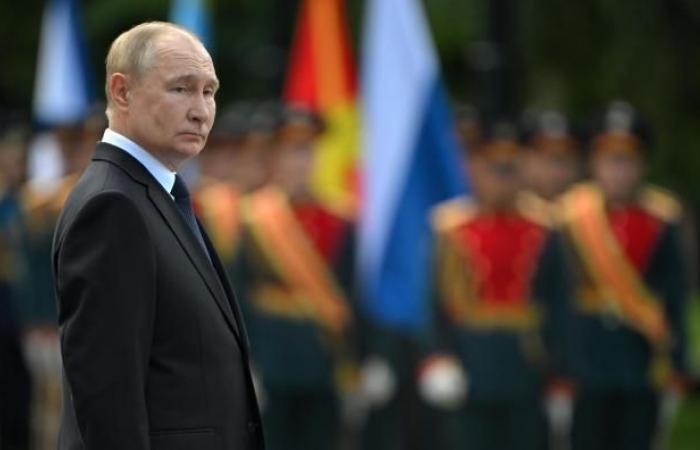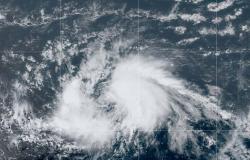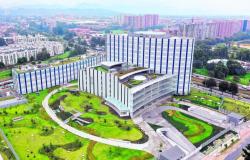Russian President Vladimir Putin seemed to return to his country’s most Soviet past with a foreign tour against US hegemony in the world that took him to North Korea and Vietnam, two single-party communist regimes that look in the mirror of China. , destination of the first foreign visit of the head of the Kremlin in 2024.
“Both Russia and North Korea defend an independent foreign policy and do not accept the language of blackmail or dictation,” Putin proclaimed after meeting with North Korean leader Kim Jong-un.
The Kremlin head’s tour was a true nostalgia trip adorned with red flags, Soviet songs, meetings between communist comrades, anti-Western speeches, Putin’s personality cult and statues of Ho Chi Minh and Kim Il-sung.
Putin, a confessed believer who admits that he never broke his Communist Party of the Soviet Union card, has always criticized Lenin and Gorbachev, but praised Stalin, which satisfies the most staunch communists.
Since the International Criminal Court issued an arrest warrant against Putin in March 2023 for alleged war crimes in Ukraine, Putin’s every trip abroad has been planned with extreme care. The visits to Pyongyang and Hanoi lasted less than 24 hours each.
North Korea, mutual military assistance
The main agreement reached during Putin’s historic visit to Pyongyang was the mutual assistance agreement in case of aggression, which supposedly commits Russia to come to the aid of its ally in the event of an outside attack.
The United States, South Korea and Japan cried foul, although the treaty is almost identical to the one signed in June 1961 by the then Soviet leader, Nikita Khrushchev, and the founder of the Democratic People’s Republic of Korea, Kim Il-Long. sung.
According to the document signed this Wednesday, “if one of the parties is the object of an armed attack by one or more States and is therefore in a state of war, the other party will immediately offer it military and other assistance.” with all the means at his disposal.”
In the case of the one signed months before the Cuban Missile Crisis, it says: “If one of the parties to the agreement is the object of a military attack by any State or coalition of States and, in this way, is in state of war, the other party shall immediately provide military and other assistance with all means at its disposal.”
The difference is that the agreement signed this week refers to article 51 of the UN statute and current Russian and North Korean legislation.
On the other hand, this document does differ significantly from the one signed in 2000, shortly after Putin arrived at the Kremlin, since that agreement highlighted that in case of danger of aggression, the signatory parties would “immediately come into contact.”
From China to Vietnam, old communist allies
In a demonstration of the Kremlin’s current foreign policy reorientation, Putin traveled to China as soon as he was sworn in as president for a fifth, six-year term.
In mid-May, Putin offered his counterpart Xi Jinping in Beijing natural resources, especially hydrocarbons, at affordable prices and all kinds of advantages to invest in the Russian economy, which is in great need of external capital to break its isolation.
Already this week in Hanoi, Putin met first of all with the general secretary of the Communist Party, Nguyen Phu Trong, the country’s highest authority, who studied in Moscow during the Cold War.
Although Vietnam has applied ‘Bamboo Diplomacy’ in recent years, that is, it has forged ties with both the West and China and Russia, the president, To Lam, announced that the Russians and Vietnamese will increase their defense cooperation.
In particular, the Russian military-technical cooperation agency was willing to contribute to the strengthening of the Vietnamese Navy.
After traveling in recent weeks to the former Soviet republics of Belarus and Uzbekistan, Putin will soon visit Kazakhstan; After which this year he is expected to make a tour of Africa – Equatorial Guinea could be one of his destinations, a continent to which the Kremlin attaches great importance.
For security reasons of the Russian head of state, it is up in the air whether Putin will accept the invitation of the president of Brazil, Luiz Inácio Lula de Silva, – a leader who has joined the position of the Kremlin’s friends in Ukraine – to attend. in November to the G20 summit.EFE







